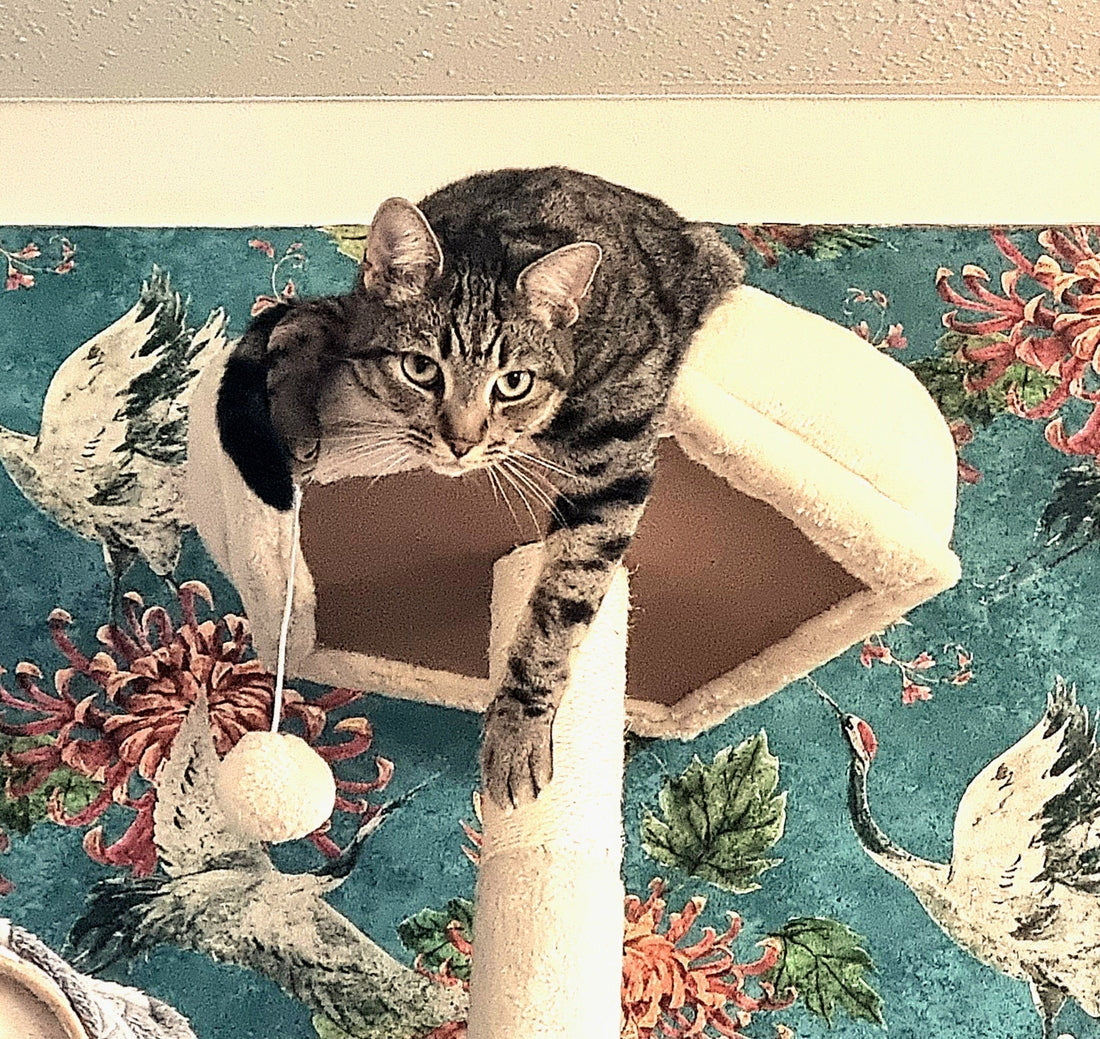
The Mysteries of Catnip & Other Feline ‘Herbs’: A Guide to Safe Indulgence and Potential Pitfalls.
Share
 [Image by Hadinet Tekie]
[Image by Hadinet Tekie]
For many cat lovers, watching our feline friends go wild over a sprig of catnip is both entertaining and endearing. But what is it about catnip and other ‘herbs’ that drives cats crazy? Are they safe to indulge in? And what should we watch out for? Today, let’s delve into the fascinating world of feline herbs, sharing personal stories, expert insights, and practical tips to help you keep your kitty happy and safe.
What Is Catnip and Why Do Cats Love It?
Catnip, scientifically known as Nepeta cataria, is a member of the mint family. It contains a compound called nepetalactone, which triggers a euphoric response in many cats. When Kyro, my energetic tabby, first discovered catnip, he went from curious to utterly captivated within seconds. His nose would twitch, eyes dilate, and he would roll around as if in a trance — an amusing spectacle that’s common among many felines.
According to feline behaviourist Dr Lisa Pierson, “nepetalactone binds to receptors in a cat’s nasal tissue, stimulating sensory neurons that produce a temporary feeling of euphoria.”
Interestingly, about 50-75% of cats are affected by catnip, with sensitivity often inherited. It’s harmless for most cats when used appropriately, making it a popular enrichment tool.
Other Feline Herbs and Their Effects
While catnip is the most famous, several other herbs also delight our feline friends and offer various benefits:
- Valerian Root: Often called “cat valerian,” it can produce a similar euphoric response. Cleo, my gentle Maine Coon, loves this herb even more than catnip and often snuggles into valerian-scented toys.
- Silver Vine (Actinidia polygama): Popular in Japan, silver vine can affect cats that are indifferent to catnip. It contains actinidine, which has a potent effect.
- Tatarian Honeysuckle: This lesser-known herb can also induce playful and euphoric behaviours in cats, especially those unresponsive to catnip.
While these herbs can be a fun way to enrich your cat’s environment, it’s important to know how to introduce them safely and monitor your pet’s reactions.
Personal Stories: Kyro and Cleo's Adventures with Catnip
Kyro’s first encounter with catnip was classic. I sprinkled a little on the carpet, and within moments, he was rolling and purring loudly, his paws batting at the air. It was like witnessing a tiny feline rave! Watching his wild antics, I realised how much joy these herbs can bring.
On the other hand, Cleo took a more relaxed approach. Instead of wild rolling, she gently sniffed the herb and then settled into a cosy nap nearby, seemingly content. For her, catnip is more of a calming aid than a party starter.
These stories underscore that each cat’s response can be unique — some love it, some tolerate it, and a few might not react at all. Observing your cat’s behaviour is key to ensuring a positive experience.
Safe Ways to Offer Feline Herbs
Here are some tips to maximise enjoyment while keeping your kitty safe:
- Use in Moderation: Offer herbs occasionally — about once every few days — to prevent overexposure or habituation.
- Choose High-Quality, Organic Products: Avoid herb products treated with pesticides or chemicals.
- Supervised Play: Use herbs in toys or on scratching posts to encourage supervised interaction.
- Monitor Reactions: Keep an eye out for signs of overstimulation, vomiting, or excessive scratching, and discontinue if needed.
Remember, not all cats respond to herbs, and some may have underlying health issues that warrant consulting with your veterinarian before introducing new treats.
Potential Pitfalls and When to Watch Out
While generally safe, there are a few things to be cautious about:
- Overexposure: Too much can lead to mild gastrointestinal upset or desensitisation.
- Allergic Reactions: Rare, but some cats might develop skin irritation or allergies.
- Ingestion of Large Quantities: Excessive ingestion of herbs can upset digestion or cause vomiting.
- Behavioural Issues: Some cats might become overly obsessed or aggressive if exposed excessively.
If you notice any adverse reactions, consult your veterinarian promptly.
Final Thoughts & Disclaimer
Herbs like catnip, valerian, and silver vine can be delightful additions to your cat’s enrichment routine, offering fun and relaxation. However, every feline is different, so it’s important to introduce these herbs gradually and observe their unique responses. When used responsibly, these natural treats can enhance your cat’s well-being and deepen your bond.
Warm Disclaimer: Please remember that the thoughts, experiences, and advice shared in this article are based on my journey as a cat owner with Kyro and Cleo in our London home. Every cat is an individual with unique preferences and a distinct personality. What worked wonders for my two might need some tweaking for your furry companions. Always observe your cat's behaviour, be patient, and consult with a veterinarian or a certified cat behaviourist if you're facing significant challenges or have concerns about your cat's health or behaviour. Happy scratching!

